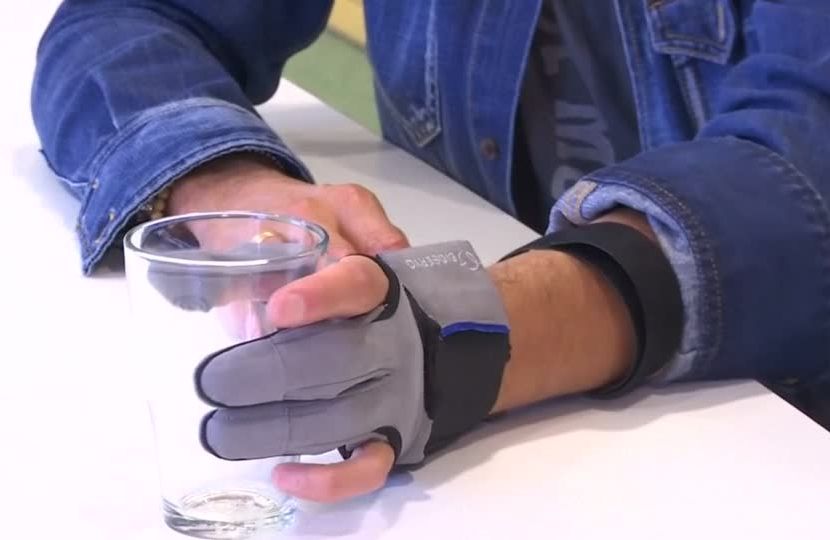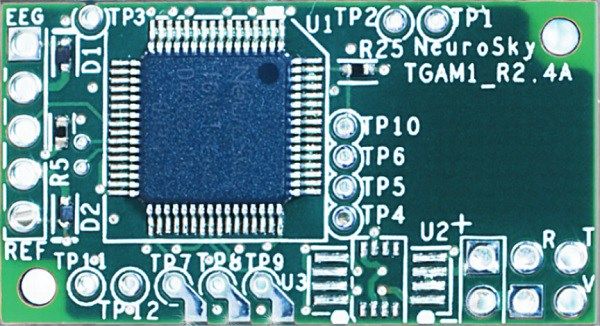Oct 19, 2016
Humanized organs in gene-edited animals
Posted by Steve Hill in categories: 3D printing, bioprinting, biotech/medical, genetics, life extension
Humanized organs in gene-edited animals is one potential way medicine can deal with the demand for transplant organs.
One potential avenue for research and to help solve the organ shortage is to modify animals to be closer matched to humans in order to have organs capable of being used for transplant. This short paper is an interesting primer into the subject and touches upon the technical and ethical concerns involved here.
It is one possible solution to the problem, however, 3D bioprinting increases in sophistication and other methods are also being developed that would render this approach needless. Still this is an interesting insight into regenerative medicine and one possible path research might take.
#LifespanIO #aging #crowdfundthecure
Continue reading “Humanized organs in gene-edited animals” »

















